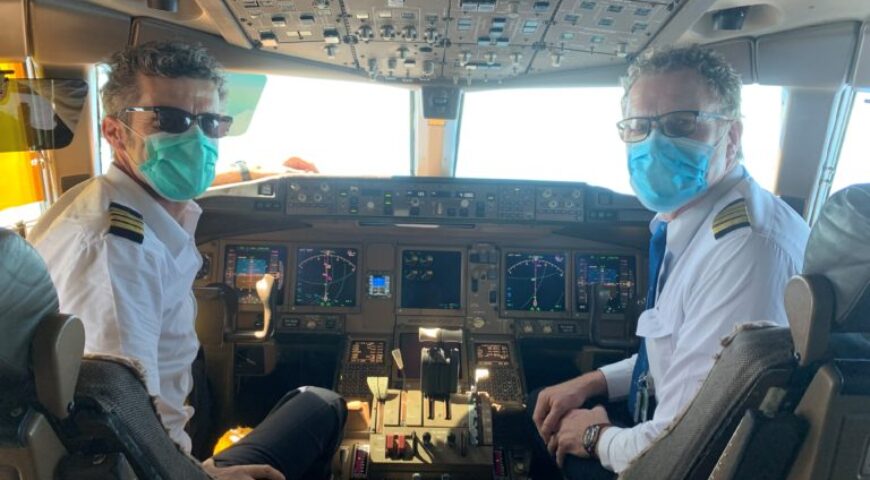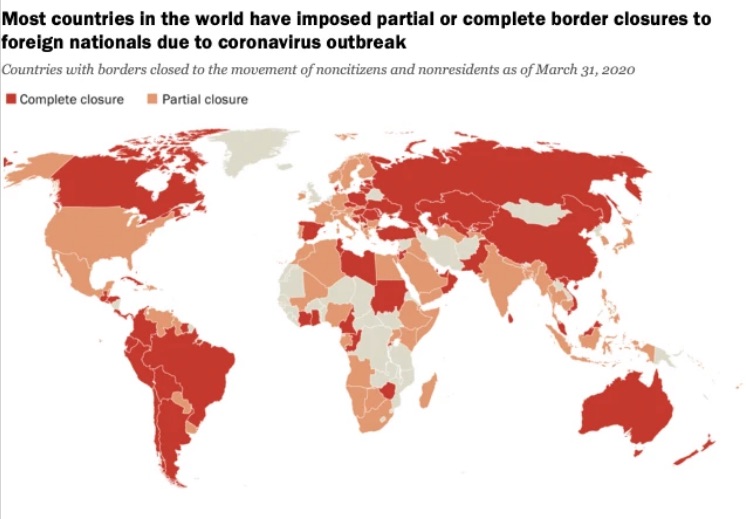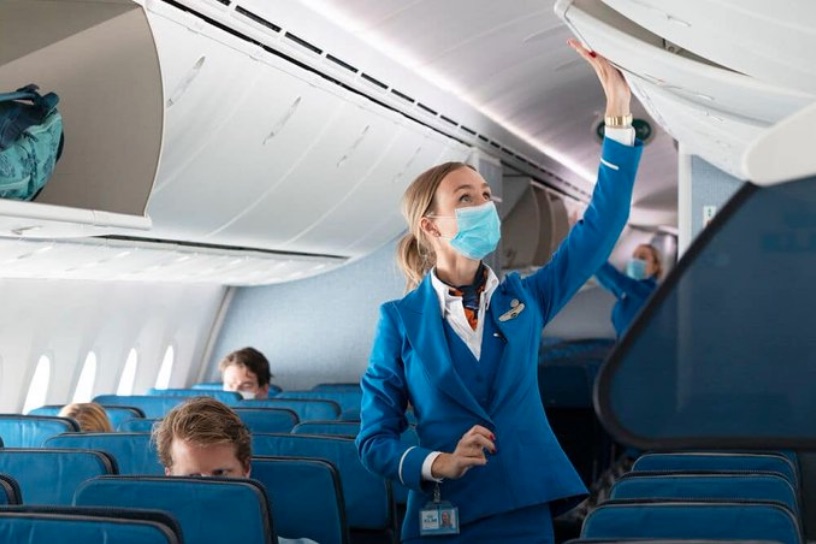
The future of travel: new normal rules, old normal desires
International and Belgian tourism actors share their insights
Viviane Vaz for Id International
Governments and tourism companies all over the world are currently working to put travel back on track. New health systems and safety protocols are being designed to face Covid-19 outbreak challenges. We are about to see the rise of a new normal when it comes to travel, while our inner travel desire may continue completely “old normal”.

According to the Pew Research Center, this is the first time in history that nearly 90% of the world’s population lives in countries with travel restrictions. When borders reopen, travellers will need to feel safe when boarding a plane, a train or a bus. They will also need to feel welcome again in the destination country, even if they need to go through a screening or quarantine period.
While there’s not a vaccine to Covid-19, the Association of Airport Operators (AOA) estimates that it will take two years to recover the passenger flow level as before. The International Air Transport Association (IATA) supports both airplane crew and passengers should wear masks during flights to improve safety conditions, but affirms there is a “low” risk of transmission on board.

The end of low cost travel?
IATA currently considers “unnecessary” to keep the middle seat empty and highlights this social distance measure would increase the costs of flying. “It means two things: either you fly at the same price, selling the ticket at the same average price as before and then you lose an enormous amount of money, so it’s impossible to fly for any airline. Or you increase the ticket price for a similar product by at least 50 percent and then you are able to fly with a minimum profit,” explained Alexandre de Juniac, Director General and CEO. “So it means that if social distancing is imposed, cheap travel is over. Voilà,” concluded IATA’s CEO.
The analysis of the Flemish Association of Travel Organisations (VVR, in Dutch) goes in the same direction. “There is a chance that we will have to pay more or just a lot less for a flight ticket in the coming months. That depends on how the market picks up and how fast everyone will fly again”, said VVR’s CEO, Koen van den Bosch, to the Belgian media VRT. “If everyone wants to fly again immediately and there is not enough capacity, tickets may become more expensive. But when the planes remain empty, it may just be that certain destinations become considerably cheaper to still lure travellers,” detailed VVR’s director.
Longing to travel, close or far away home
According to a poll carried out for the Walloon region, regardless of the coronavirus pandemic, one in four Belgians is planning to go on holiday this year. “However, of those who plan to go away, two in three intend to stay closer to home than usual, within a distance of no more than 200km,” reveals the Wallonia-Brussels minister for Tourism, Valérie De Bue. The result may be good news to the regional tourist offices, expecting an increase in domestic tourism within Belgium. The poll listened to 3,000 people all over Belgium and most of them said they would travel to go walking; enjoy nature; visit towns, villages and theme parks; or take an organised tour.
VVR’s CEO pondered there will be still different style of travellers, particularly depending on age. “We see a bit of doubt about long-distance travel, especially among older people, but the younger population is certainly still in the mood for it,” says Koen.
New normal, old normal
Not everything is negative in the travel pandemic scenery. More sustainable solutions and choices may come as the new normal for tourists, hotels and travel companies. In the end of the day we also may get used to the new health safety rules. “Travel will continue and maybe different. Probably more sustainable. We also move to a new normal in travelling,” concludes VVR’s CEO.
In Portugal, the country director of the tourism shopping tax refund company Global Blue reminds the desire to travel will still grow in most of us the same way as before the coronacrisis. “I would venture to say that people are even more keen to go back to the ‘old normal’ probably with a ‘revenge spending’ in mind. The desire to travel, its possibility and its means of transport will remain. In this respect, I am optimistic with a gradual recovery situation. The desire to travel, none of that has changed,” says Global Blue’s director, Renato Lira Leite, to the Portuguese digital media Eco.
It’s a matter of time, patience and creativity to find a safe travel common ground, applying new normal rules to our old normal desires.

